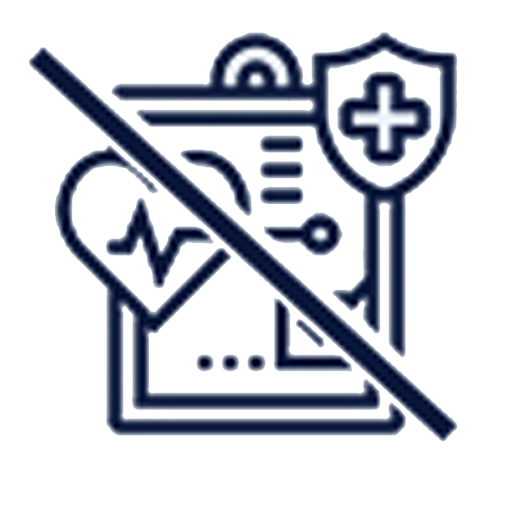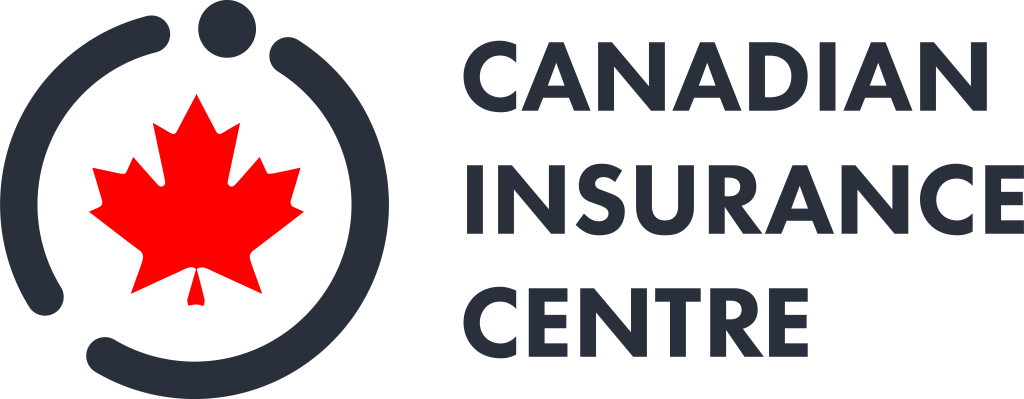Critical illness cover and Alzheimer’s disease
Why cover?
- affects 1 in 4 women / 1 in 5 men before retirement
- 94.1% of the critical illness claims are paid
- protect yourself and your family if you get seriously ill
Why Us?
We believe in responsibility, respect, mutual respect, professionalism and accessibility, is what creates loyalty and a long-term relationships
Cancer
There are many different types of cancer, and it can be difficult to know what you are dealing with when you first hear the diagnosis.
In this article, we will outline the four main categories of cancer, which are breast cancer, lung cancer, prostate cancer, and colorectal cancer. We will also provide a brief overview of the treatments available for each type of cancer.
We hope that this information will help to provide a basic understanding of this complex and often frightening topic, which sadly affects too many of us.
What Is Cancer?
Cancer is a disease that affects millions of people all over the world.
There are many different types of cancer, but they can be broadly classified into four categories: carcinomas, sarcomas, lymphomas, and leukemias.
Carcinomas are the most common type of cancer, and they develop from the epithelial cells that line the body’s surfaces. Sarcomas are cancers that develop from the connective tissues of the body, such as muscles and bones. Lymphomas are cancers that start in the lymphatic system, while leukemias are cancers of the blood cells.
There are many different types of cancer within each category, and the treatments vary depending on the type of cancer and its stage of development.
The Four Main Types of Cancer
There are four main types of cancer: lung cancer, breast cancer, prostate cancer, and colon cancer. Each of these cancers affects a different area of the body.
Lung cancer is the leading cause of cancer death in both men and women. Breast cancer is the most common type of cancer in women. Prostate cancer is the most common type of cancer in men. And colon cancer is the second leading cause of cancer death in both men and women.
Each type of cancer requires a different type of treatment, so it is important to know which type of cancer you have in order to receive the best possible treatment.
What Are the Symptoms of Cancer?
There are four main types of cancer: lung cancer, breast cancer, prostate cancer, and colorectal cancer. Each type of cancer has its own unique set of symptoms.
Some common symptoms of cancer include unexplained weight loss, fatigue, persistent cough, persistent pain, and changes in the appearance of the skin. It is important to be aware of these symptoms and to see a doctor if any of them occur.
How Is Cancer Treated
There are a variety of ways to treat cancer, depending on the type and severity of the disease. Treatment can include surgery, chemotherapy, radiation therapy, and targeted therapy.
Your doctor will work with you to develop a treatment plan that is tailored to your specific needs. Treatment for cancer can be expensive, but there are many resources available to help you pay for it.
There are many different ways to treat cancer, depending on the type of cancer you have. Some common treatments include surgery, radiation therapy, and chemotherapy.
Your doctor will work with you to develop a treatment plan that is right for you. Make sure you ask questions and understand all the options available to you. You must be an active participant in your own treatment plan if you want to beat cancer.
What Are the Side Effects of Cancer Treatment?
Side effects of cancer treatment can vary depending on the type of cancer you have, the treatments you receive, and your overall health. Some of the most common side effects include fatigue, nausea, vomiting, hair loss, and skin problems.
Chemotherapy and radiation therapy can cause serious side effects, such as fatigue, nausea, vomiting, and diarrhea. These side effects can be difficult to deal with, but they are usually temporary.
Cancer treatments come with a whole range of side effects, which can differ depending on the type of cancer you have. Some of the most common side effects include fatigue, nausea, vomiting, hair loss, and mouth sores.
Chemotherapy and radiation therapy are especially known for their harsh side effects. Many people find them so difficult to cope with that they choose to discontinue treatment. Surgery can also have serious side effects, such as infection, bleeding, and scarring.
Statistics
- More than 747000 Canadians suffer from Alzheimer’s or other forms of dementia.
In 2020, 15 out of every 100,000 Canadians died of Alzheimer’s Disease
1 in 5 Canadians have experience caring for someone who has Alzheimer’s or other forms of Dementia.
We estimate that by 2030, over 912000 Canadians will be living with Dementia, including Alzheimer’s Disease
56% of Canadians are concerned about being affected by Alzheimer’s disease
How Can I Prevent Cancer?
While there is no surefire way to prevent cancer, there are some things you can do to reduce your risk. Some of the most important include eating a healthy diet, exercising regularly, and avoiding tobacco and other harmful substances.
You can also get cancer screenings regularly to help detect the disease early, when it is more likely to be treated successfully. If you have any concerns, talk to your doctor about what you can do to reduce your risk of cancer.
Conclusion
No one wants to hear the dreadful C-word. But it is important to be informed about cancer, its types, and the treatments available.
There are four main categories of cancer:
– Carcinoma: Cancer that begins in the skin or in tissues that line or cover internal organs
– Sarcoma: Cancer that begins in the bone, cartilage, fat, muscle, or other connective tissues
– Leukemia: Cancer that begins in the blood-forming tissues of the bone marrow
– Lymphoma and myeloma: Cancers that begin in the cells of the immune system
Each type of cancer is unique, and treatment varies depending on the type and stage of cancer. Speak to your doctor to learn more about the specific type of cancer you have.
Contact
Get a quick qoute for:

Accident Insurance

Critical Illnes Insurance



